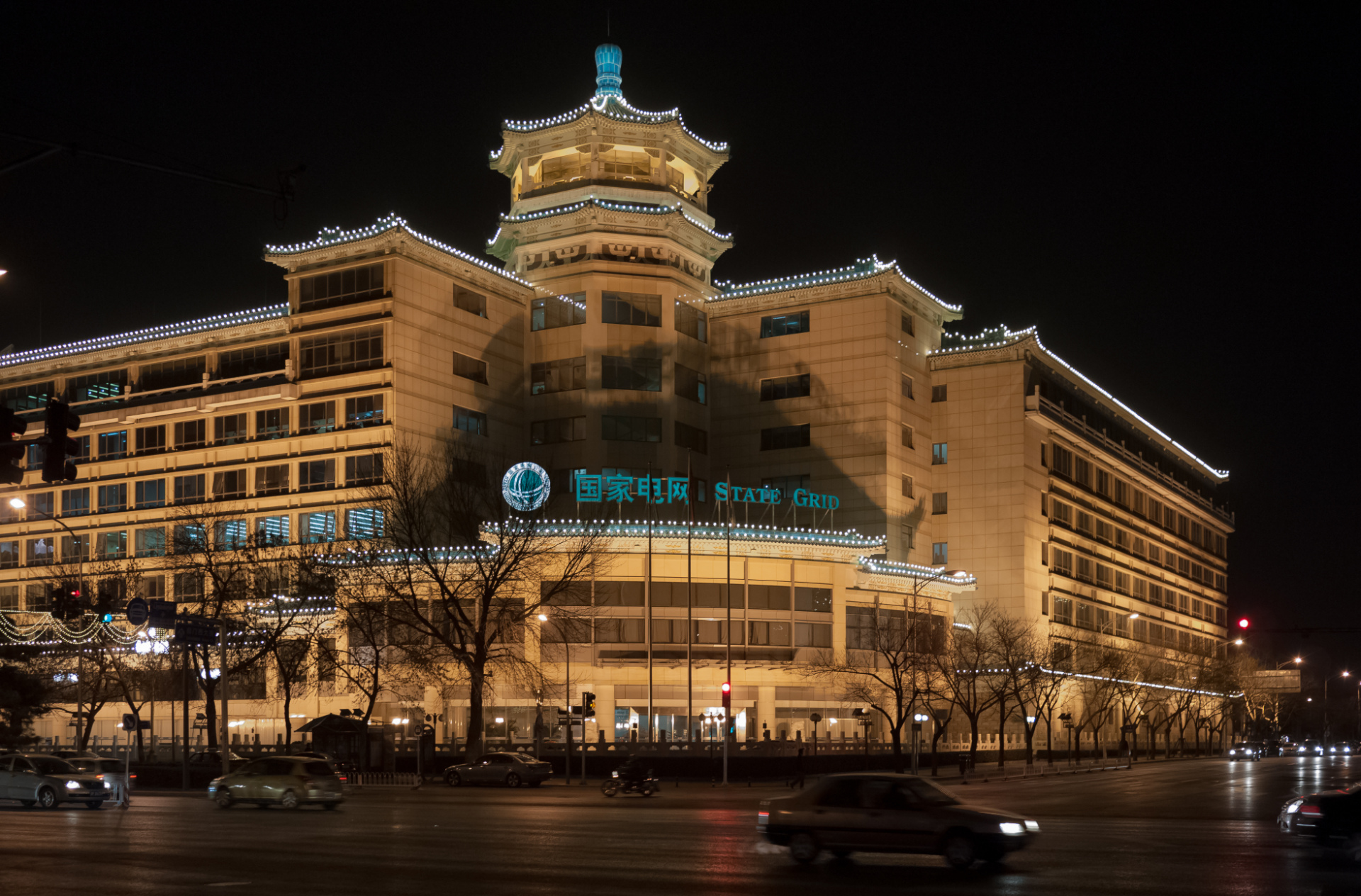China’s State Grid is a sleeping artificial intelligence giant
The state-owned electric utility monopoly State Grid Corporation of China is the largest utility company in the world, ranking second on the 2018 Fortune Global 500 List. That is well known. Less celebrated is that State Grid was the only Chinese company ranked in the top 20 in AI patent applicants, per the World Intellectual Property Organization.

China’s best known AI companies are Sensetime, Megvii, Cloudwalk, Yitu, ByteDance, and the BAT companies — China’s first generation of internet giant: Baidu, Alibaba and Tencent. But there’s another giant of artificial intelligence that is rarely discussed in the same breath as the companies mentioned above.
The state-owned electric utility monopoly State Grid Corporation of China (hereafter State Grid) is the largest utility company in the world, ranking second on the 2018 Fortune Global 500 List. That is well known. Less celebrated is that State Grid was the only Chinese company ranked in the top 20 in artificial intelligence (AI) patent applicants, per the World Intellectual Property Organization.
In an article (in Chinese) published last year titled “State Grid Corporation of China: A hidden giant in AI,” Lǐ Shāng 李熵 gives a portrait of a company whose AI initiatives could change the world. The article was translated by Jeffrey Ding, who researches China’s development of AI at the Future of Humanity Institute, University of Oxford, and writes the ChinaAI newsletter.
- State Grid’s tech may be weaker than private sector companies such as SenseTime, Megvii, Tencent, and Alibaba.
- However, State Grid has access to massive amounts of data — “power grid operations data across the entire country.” Data is the key ingredient for AI development.
- State Grid also has multiple “application scenarios” — ways in which AI can be used, such as power grid demand forecasting, identifying the type and severity of grid breakdowns, and predictive maintenance of electricity equipment, etc.
- In recent years, China has not suffered large scale power outages of the kind that caused nearly 1 million people to be affected during rush hour in the UK in August last year, or the blackout that turned the lights off in Times Square and at the Empire State Building just a month previously.
Why does this matter?
Jeffrey Ding comments:
This is a huge domain that has infrastructure-strategic implications: The article states, “State Grid has 540 million smart meters across the country, which is several times the number of camera terminals in the security field.” How much ink is devoted to China’s smart surveillance compared to smart grids? Of course, surveillance brings a bunch of other nasty baggage, but if we’re talking economic and even military effectiveness, there should be a significant shift in how we think about the big levers in diffusion of AI.
More precisely surveilling your population with facial recognition will not bring productivity spillovers across the entire economy; optimizing grid management will.
Or, in the words of Li Shang’s original article: “Because the storm of AI-driven upgrading of traditional industries is coming, the arrival of the industrial internet in the next 20 years may be as violent as that of the internet/mobile Internet in the past 20 years!”
Read Jeffrey Ding’s whole translation here. See also: Hype and reality in Chinese artificial intelligence on The China Project, or listen to these Sinica Podcast episodes:






